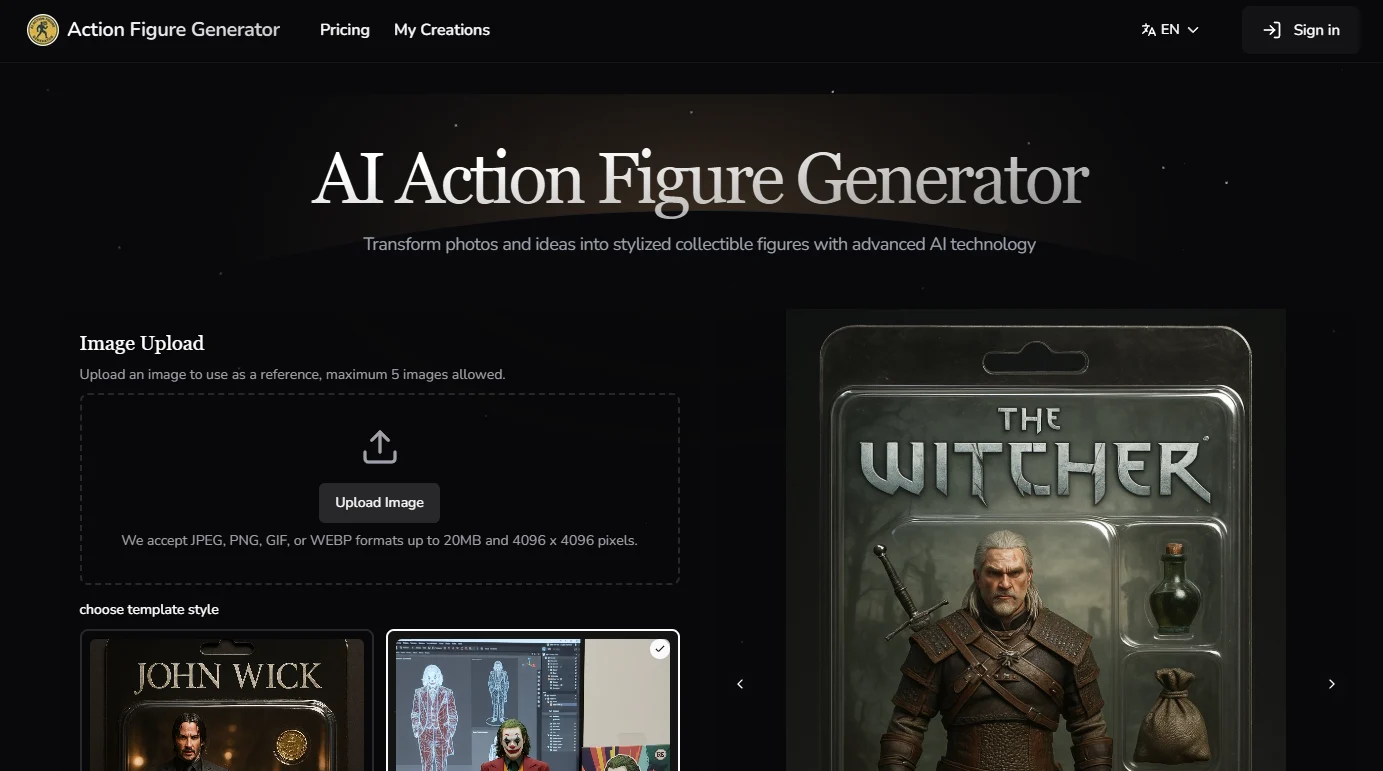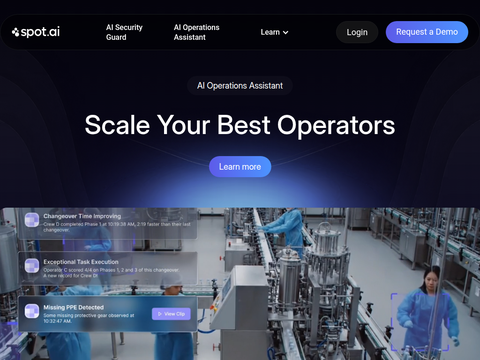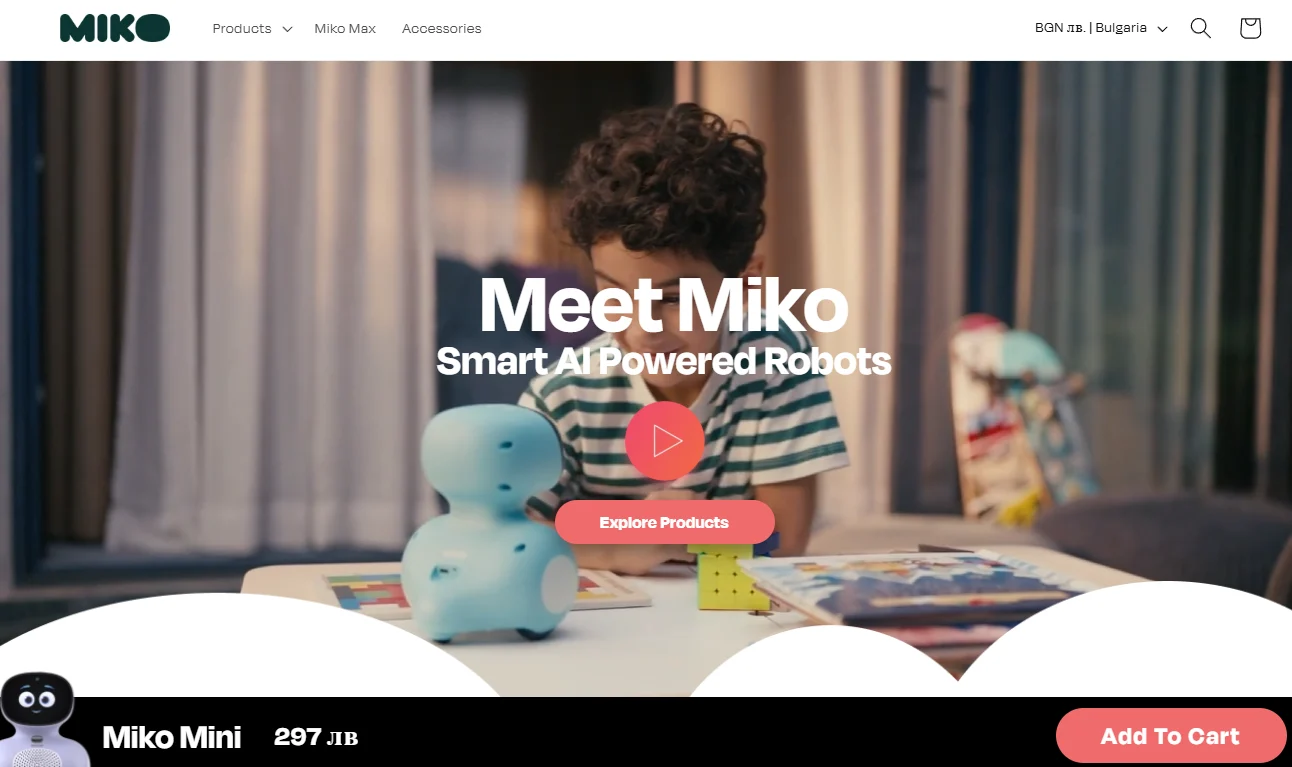AWS's Vice President of AI and Data, Swami Sivasubramanian, shared his insights on the future of artificial intelligence (AI). He asserts that AI is primarily a tool for automating repetitive tasks aimed at enhancing creativity and productivity, rather than replacing jobs. The true value of AI lies in freeing up individuals' time, allowing them to focus on more meaningful work. However, this transition necessitates retraining to adapt effectively.
Sivasubramanian emphasizes that AI is not intended to eliminate jobs but to liberate us from mundane tasks that consume most of our time. Activities such as data entry and scheduling often leave employees with little opportunity to engage in more creative and significant work. He believes that AI can take over these repetitive tasks, providing employees with more time to concentrate on innovative and rewarding activities.
Of course, this shift presents its own challenges. As companies adopt AI to enhance efficiency and reduce costs, there may be short-term job losses. Nevertheless, Sivasubramanian is confident that this process will self-correct over time, with one key factor being the retraining and upskilling of the workforce. Through appropriate training, individuals can acquire new skills to undertake more complex and valuable tasks. AI may even shorten the time required to learn new skills, enabling more people to perform roles that previously demanded years of experience.
He stresses that while AI can handle more routine tasks, humans should remain responsible for decision-making. Although AI can provide data-driven predictions and insights, it lacks the human ability to weigh pros and cons, understand nuances, and make strategic decisions. Therefore, collaboration between humans and AI is likely a better path for future growth.
In customer service, AI can deliver personalized responses, but complex issues still require human intervention. In manufacturing, AI can quickly and cost-effectively test designs and create digital models. In drug discovery, AI accelerates the development of treatments and vaccines. In media, AI can automate repetitive tasks, giving designers more time for creative work. In financial services, AI enhances fraud detection by providing more accurate data.
Sivasubramanian believes that with the ongoing advancement of generative AI, now is the optimal time to transform how businesses operate and how work is conducted. AI can eliminate repetitive tasks, giving employees more time for creative and meaningful work, helping them rediscover their passion.
Ultimately, he views AI as a progressive tool that can boost productivity and improve outcomes, allowing employees to focus on more important tasks. When used correctly, we are on the brink of entering a new era where technology and human creativity combine to tackle significant global challenges together.








